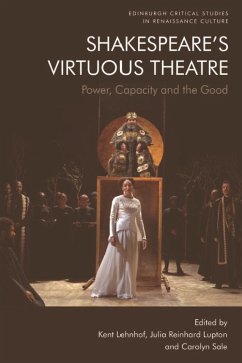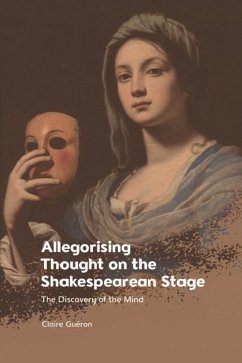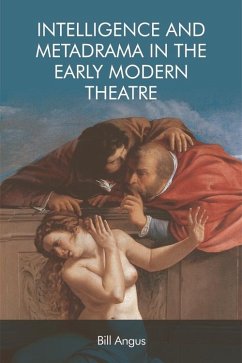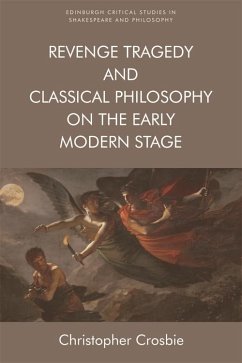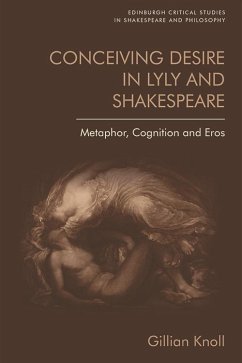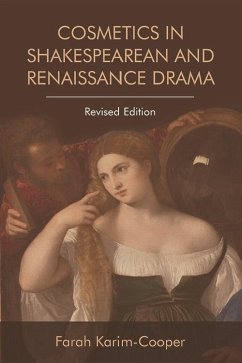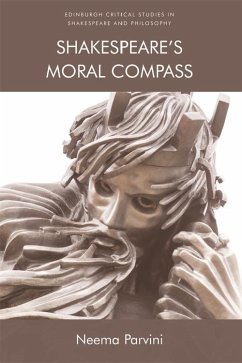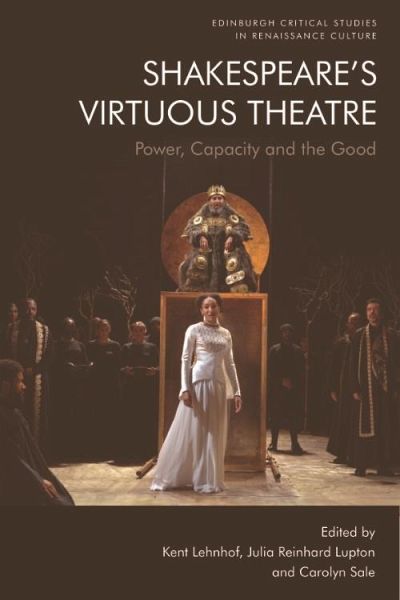
Shakespeare's Virtuous Theatre (eBook, PDF)
Power, Capacity and the Good
Redaktion: Lehnhof, Kent; Sale, Carolyn; Lupton, Julia Reinhard
Versandkostenfrei!
Sofort per Download lieferbar
72,95 €
inkl. MwSt.
Weitere Ausgaben:

PAYBACK Punkte
36 °P sammeln!
This collection of essays explores how the Shakespearean drama enacts ancient virtues and conceptualises new ones in complex fictional scenarios that test virtues for their continuing value. Contributors approach the virtues as a source of imaginative, affective and intellectual nourishment and consider how Shakespeare's art increases our capacity for new pursuits of the good. Examining Shakespeare's virtuous theatre in tragic, comic and romance modes and from ethical, theatrical and political perspectives, this volume establishes virtue as a framework for a socially, environmentally and spiri...
This collection of essays explores how the Shakespearean drama enacts ancient virtues and conceptualises new ones in complex fictional scenarios that test virtues for their continuing value. Contributors approach the virtues as a source of imaginative, affective and intellectual nourishment and consider how Shakespeare's art increases our capacity for new pursuits of the good. Examining Shakespeare's virtuous theatre in tragic, comic and romance modes and from ethical, theatrical and political perspectives, this volume establishes virtue as a framework for a socially, environmentally and spiritually renewed literary criticism. Contributors balance historical depth and philosophical insight with the art of close reading as they contemplate the dynamic field of virtue - embodied, responsive, energetic and dynamic - as it ebbs and flows across time, among multiple wisdom traditions, and in the entangled lives and troubled circumstances of Shakespeare's characters.
Dieser Download kann aus rechtlichen Gründen nur mit Rechnungsadresse in A, B, BG, CY, CZ, D, DK, EW, E, FIN, F, GR, HR, H, IRL, I, LT, L, LR, M, NL, PL, P, R, S, SLO, SK ausgeliefert werden.




